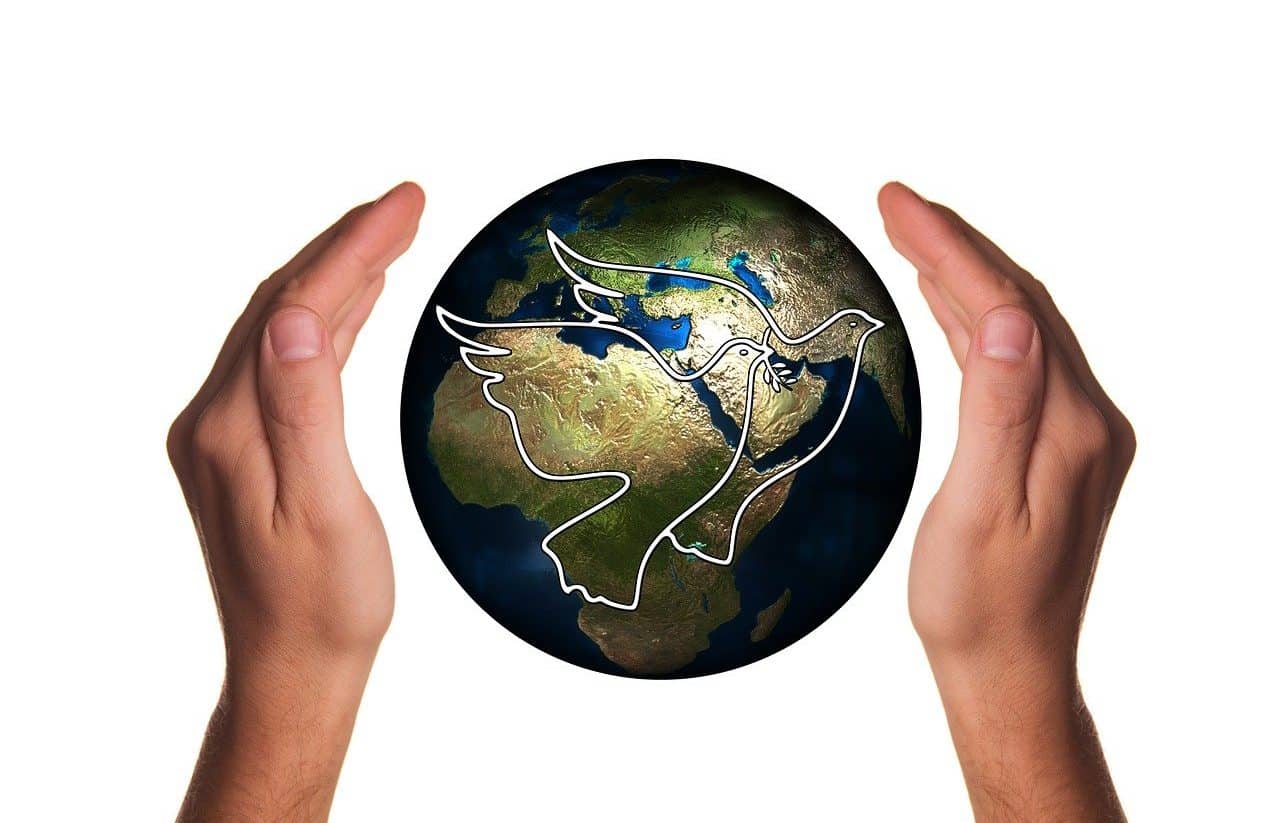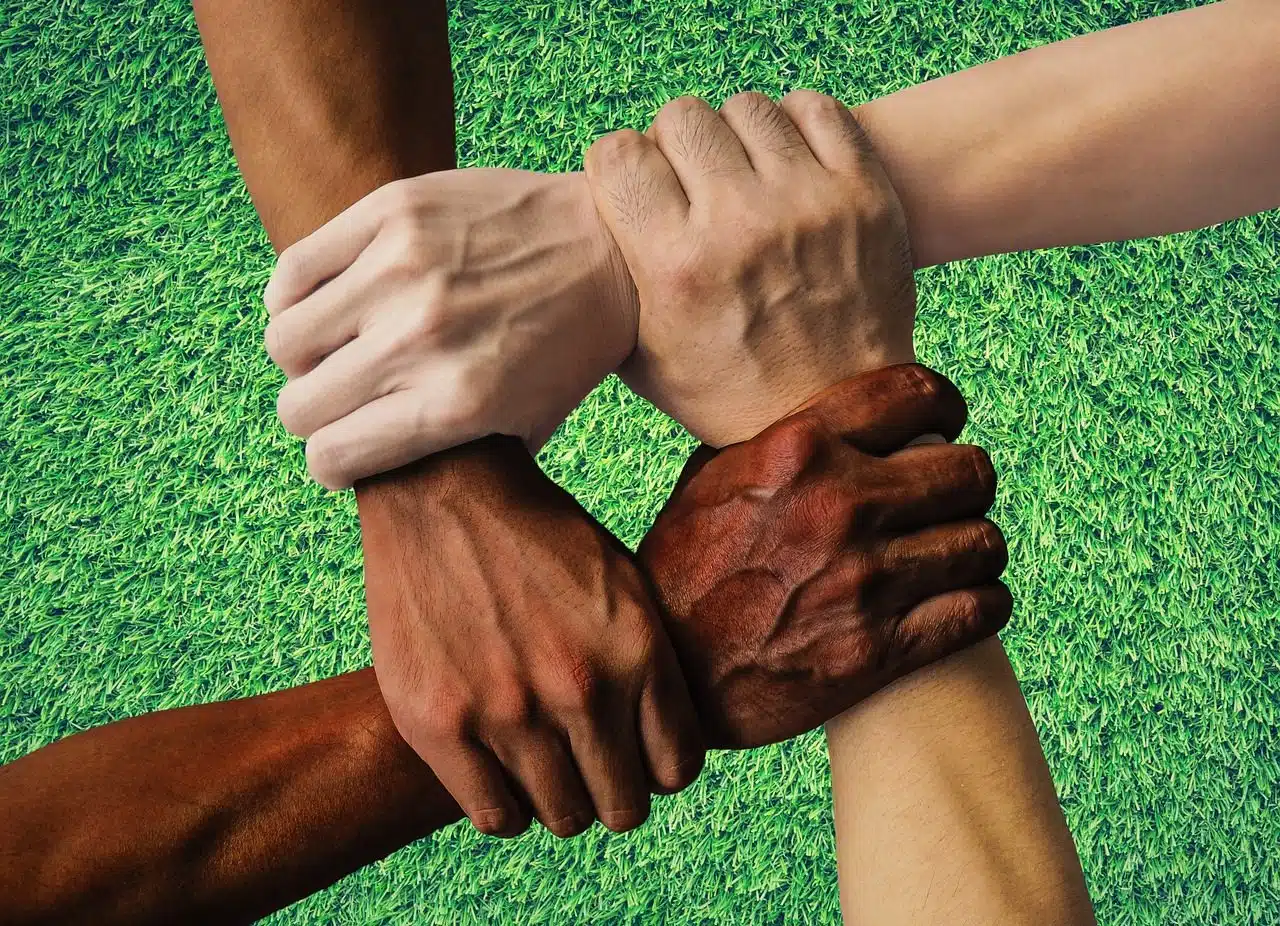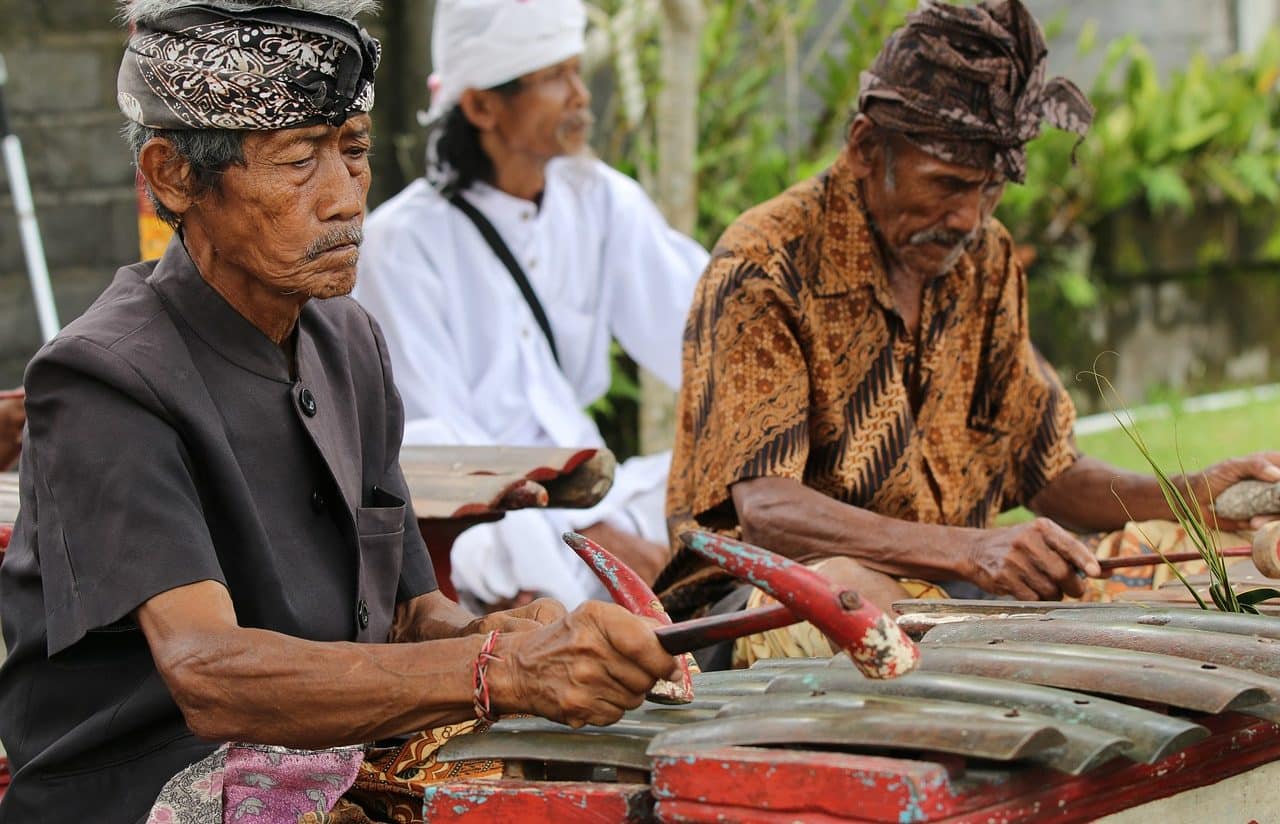
UNESCO promotes a culture of peace.
UNESCO is the acronym for United Nations Educational, Scientific and Cultural Organization . It is a UN agency that was founded in 1945 and has its headquarters in Paris ( France ).
The entry into force of the UNESCO Constitution took place in 1946 . The entity was born with the objective of promoting lasting peace after two world wars that took place in less than three decades.
Thus, UNESCO set out to promote solidarity, contribute to intercultural dialogue and unite people. For this it promotes multiple programs.
UNESCO's role
UNESCO is dedicated to helping nations manage their development through the preservation of natural and cultural resources. The intention is that each town can modernize and insert itself into the world panorama without losing its own identity.
Among the various tasks carried out by the organization , teacher training, the construction and equipping of schools, the conservation of cultural heritage and the promotion of freedom of expression stand out.
Promoting literacy and education for all, promoting scientific development and research and innovation, protecting biodiversity and cultural diversity and encouraging sustainable development are other functions of UNESCO .

The fight against racism and discrimination is one of UNESCO's objectives.
The World Heritage
UNESCO is responsible for nominating and confirming those sites that are declared World Heritage Sites . The program has the support of 194 countries and its main objective is the preservation and dissemination of places of exceptional natural or cultural importance, which are considered part of the common heritage of Humanity and that must be protected for future generations.
Currently there are more than 1,000 sites named by UNESCO as World Heritage Sites . Italy is the country with the largest number of sites, having more than 50 mentions. The Alhambra , the Altamira Cave , the Palace of Versailles , the Acropolis of Athens , the historic center of Rome , Westminster Abbey , the Kremlin , the Statue of Liberty , the old city of Havana , the Iguazu Falls , The Taj Mahal and the Galapagos Islands are some of the places included in the UNESCO list.
It is important to note that, just as the first records date back to 1978 ( Yellowstone National Park, the city of Quito and others), the list is extended almost every year. In 2024 , for example, spaces such as the gold mines on Sado Island ( Japan ), the residential complex of Schwerin ( Germany ) and the historic city and archaeological site of Gedi ( Kenya ) were added.

UNESCO promotes the preservation of the world's memory.
UNESCO and bullfighting
Years ago, an aggressive initiative was carried out by bullfighting lovers for UNESCO to recognize bullfighting as Intangible Cultural World Heritage . This was the intention of politicians, businessmen and institutions that share the taste for said "national holiday" , as well as a series of economic interests .
Among the cities that were in favor of this initiative are Madrid, Seville, Murcia, Nimes, Arles and Bézier ; On the other hand, entities such as the International Bullfighting Association (Spanish) and the National Bullfighting Council (Mexican) also expressed their intention to protect bullfighting.
On the other hand, millions of people of various nationalities showed profound rejection, always through peaceful movements and with the word as their main weapon. One of the clearest examples was the series of petitions that were presented through the best-known virtual platforms, such as change.org and petitions24.com .
In this framework, at the end of 2020 the UNESCO Bureau of the Intergovernmental Committee on the Intangible Cultural Heritage of Humanity ruled out the incorporation of bullfighting to the list.
The requirements
The fight against the acceptance of bullfighting as a World Heritage Site was based on the fact that it did not comply with two fundamental requirements of UNESCO , as seen below:
- It is not accepted and does not generate pride in the majority of the citizens of the countries and cities in which it is carried out, which was clearly manifested through its prohibition in Catalonia and the Canary Islands , as well as the results of the numerous surveys that have been carried out in Spain , which showed the rejection or disinterest of more than 67% of its inhabitants ;
- It does not meet the minimum standards of human ethics . Bullfighting is a spectacle that is based on the suffering, humiliation and murder of an animal.
Those responsible for UNESCO recognize that Intangible Heritage should be precious to those who practice it and remind them of the essence of their belonging to their community. On the other hand, the disagreement of the majority of Spaniards, French, Portuguese and Latin Americans with respect to bullfighting shows that this tradition divides them and makes them ashamed of their own roots.
